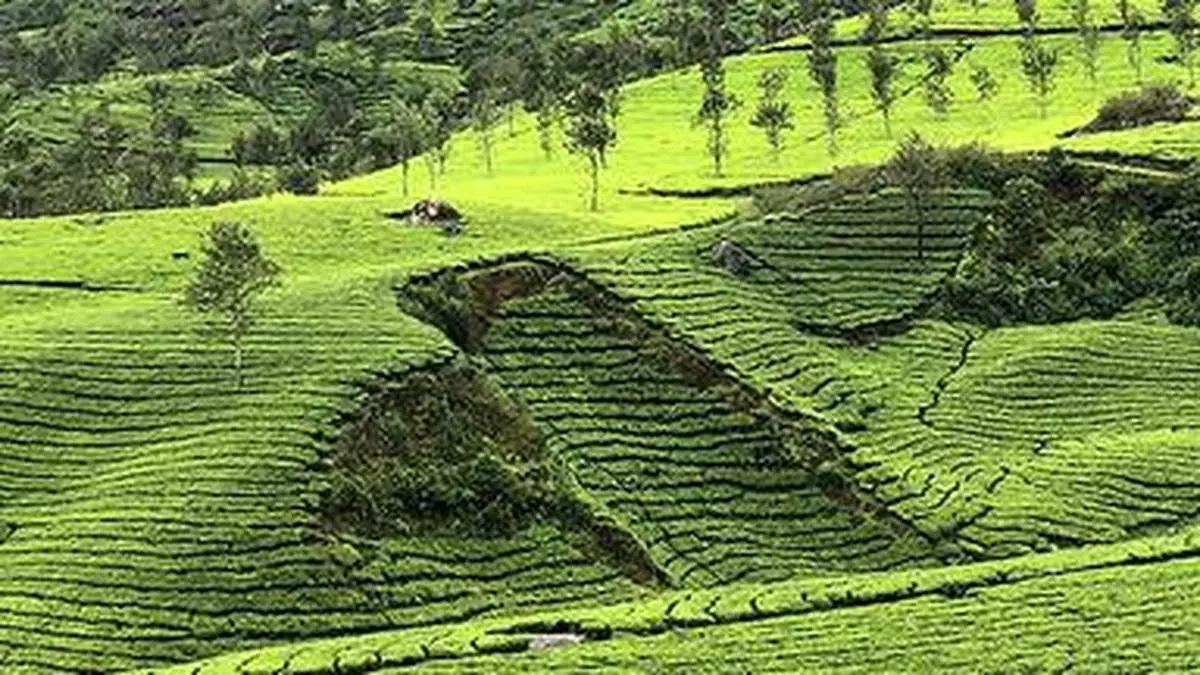Indian Tea Exporters witness higher demands for the brew
The government’s drive to check pesticides in Indian tea to improve its quality is helping exporters who are witnessing higher demands for the brew in the overseas markets, especially Iran and Iraq.
“Export is good so far. There is good demand from Iran and Iraq. These are the two key markets,” Indian Tea Exporters Association (ITEA) chairman Anshuman Kanoria told businessline.
According to the latest Tea Board data, India’s tea exports in the first three months of calendar year 2024 saw a 33.29 per cent year-on-year increase in volume to 64.63 million kg. North and South India exported 37.79 million kgs and 26.84 million kgs, which were 19.59 per cent and 58.91 per cent higher than the same period last year, respectively.
“This year the demand is much better compared to last year because Iran is fully active and Iraq is at par. It looks promising,” Kanoria said. Iran is a very vital market for Indian exporters, especially for Assam orthodox tea.
The ITEA chairman, however, said the export scenario is not so good in western Europe at present.
He said the government of India’s efforts to check pesticides in teas has been a very big help for exports. “It is very important that this movement and the emphasis of the government be kept on the safety and compliance of tea. That will help exports,” Kanoria pointed out.
The Food Safety and Standards Authority of India (FSSAI) in November last year issued a notification directing all notified laboratories to test banned pesticides in tea. According to the recommendations of FSSAI, the Tea Board India announced a ban on the use of 20 different varieties of pesticides in tea plantations across the country.
The FSSAI has also operationalised the maximum residue limit (MRL) for five pesticides used in tea. It has recommended MRLs in teas to streamline food safety and regulations.
Notably, the country’s tea exports fell to 227.91 million kgs in 2023 calendar year from 231.08 million kgs in the previous year, mainly due to a significant decline in export to Iran.
